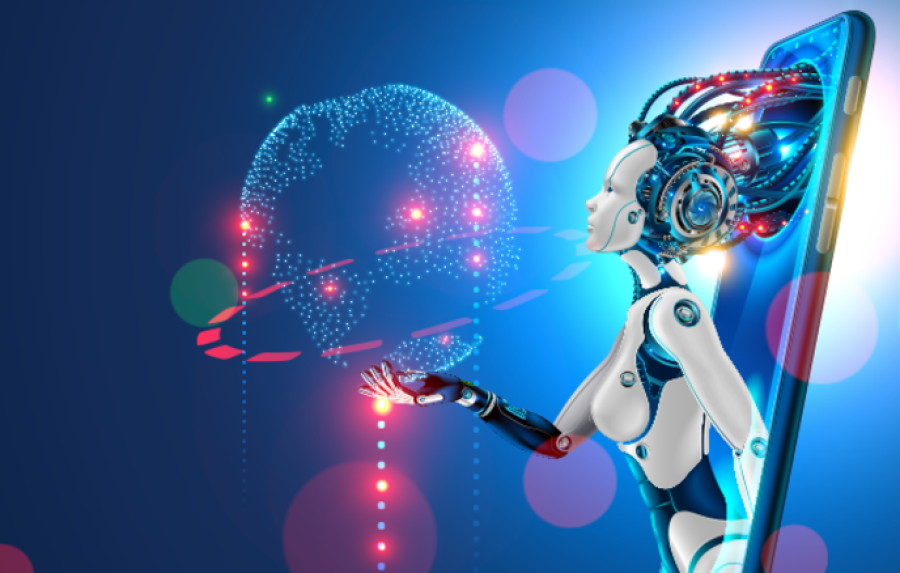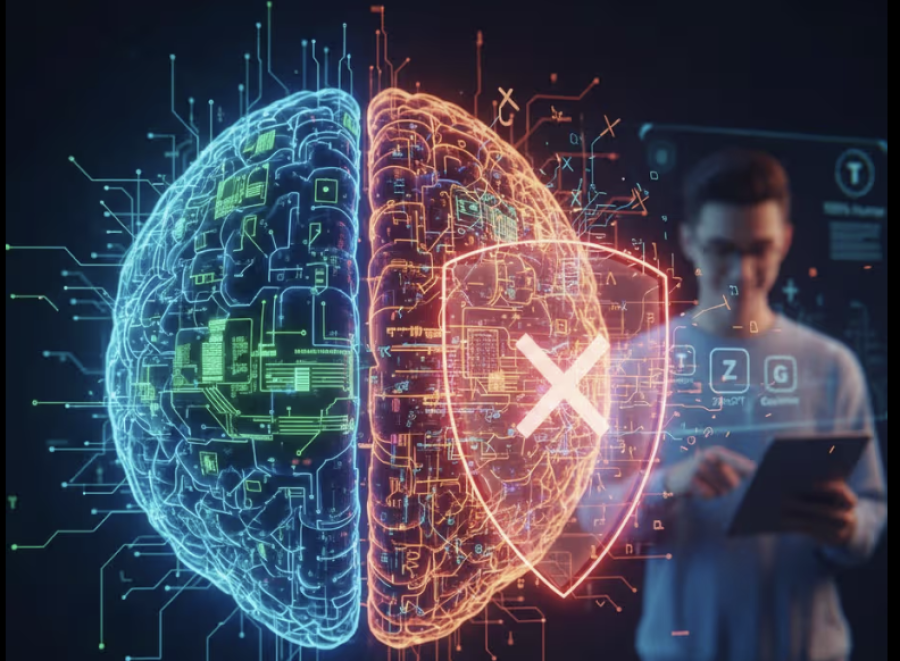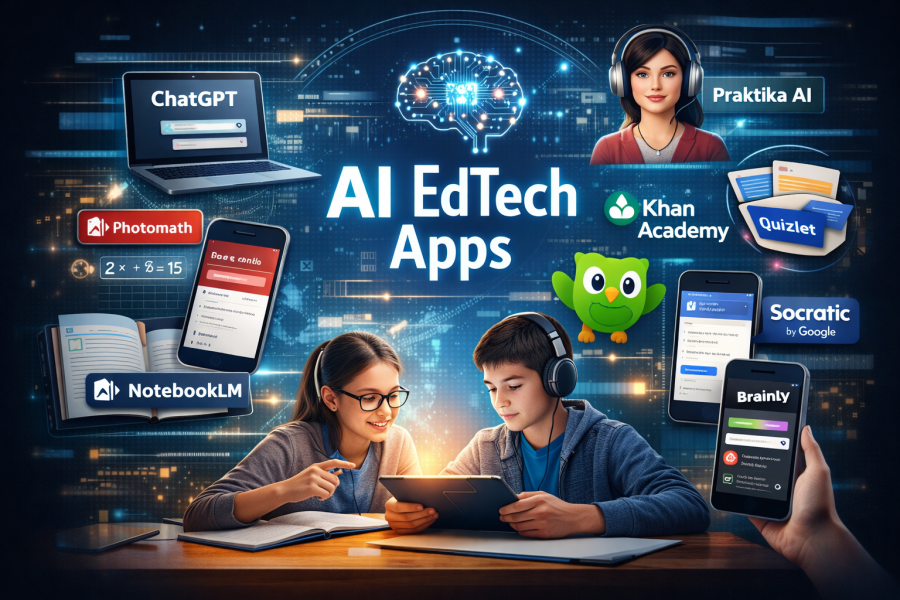The rise of Artificial Intelligence (AI) has already changed industries across the globe, from healthcare to finance, manufacturing, and beyond. However, AI’s potential will be fully realized in Technology 5.0, a new era where intelligent machines and humans work together more harmoniously than ever before. Technology 5.0 promises to leverage AI in ways that go beyond automation and efficiency, placing a premium on emotional intelligence, personalization, and human well-being.
AI in Technology 5.0: Moving Beyond Automation
While AI’s role in previous technological eras has been focused primarily on automating routine tasks, Technology 5.0 will see AI evolve to serve more profound and complex roles. The key difference in Technology 5.0 is a shift from AI systems that work for humans to AI systems that work with humans. Rather than simply improving productivity, AI will become an enabler of a more human-centric, emotionally intelligent digital world.
In Technology 4.0, AI made machines smarter, leading to automation and predictive analytics. However, the focus in Technology 5.0 will be on creating systems that not only understand logic but also understand human emotion, behavior, and intent. This transformation will bring about human-AI collaboration that goes beyond cold, calculative outputs.
AI-Powered Personalization
One of the most impactful ways AI will shape Technology 5.0 is through personalization. From smart homes to digital assistants, AI will learn from our behaviors, preferences, and needs to create highly personalized experiences. For example, your AI-powered health monitor could analyze your daily habits, medical history, and even emotional state to offer customized advice on maintaining both mental and physical well-being.
AI in e-commerce will help businesses provide hyper-personalized shopping experiences, where products are recommended not only based on past purchases but also on predictive algorithms that can forecast your future needs. In the education sector, AI will allow for personalized learning experiences that adapt in real time to a student’s abilities and learning preferences, ensuring they receive the most effective teaching strategies.
Emotional Intelligence in AI
One of the most exciting frontiers of AI in Technology 5.0 is the development of emotional intelligence (EI). AI will be able to recognize, interpret, and respond to human emotions, making interactions more natural and intuitive. Imagine an AI assistant that can sense when you are stressed and adjust its tone of voice or suggest stress-reducing activities. In healthcare, AI could help detect mental health issues such as anxiety or depression early on by analyzing speech patterns, facial expressions, and body language.
For businesses, emotionally intelligent AI could create better customer service experiences, as AI-powered systems will be able to understand customer frustration and provide more empathetic, context-aware responses. This level of emotional awareness will make AI systems far more engaging and human-like, enhancing their utility in daily life.
AI and Ethical Considerations
As AI becomes more integrated into Technology 5.0, it raises important ethical questions. How do we ensure that AI systems are fair, unbiased, and transparent? What happens when AI makes decisions that affect people's lives, such as in healthcare or criminal justice?
Ensuring that AI operates ethically and responsibly will be crucial. Technology 5.0 must include frameworks that govern AI’s role, ensuring privacy, accountability, and transparency. As AI takes on a more human-like role, we must also consider how it will affect employment, personal freedoms, and social dynamics.
Conclusion
AI's role in Technology 5.0 goes far beyond mere automation; it is poised to be a key player in creating a human-centered technological future. With emotional intelligence, personalized experiences, and greater collaboration between humans and machines, AI will not only optimize industries but also enrich our daily lives. However, as we venture into this new frontier, we must ensure that AI’s power is harnessed ethically and responsibly, aligning innovation with human values for a more empathetic, sustainable, and prosperous world.









